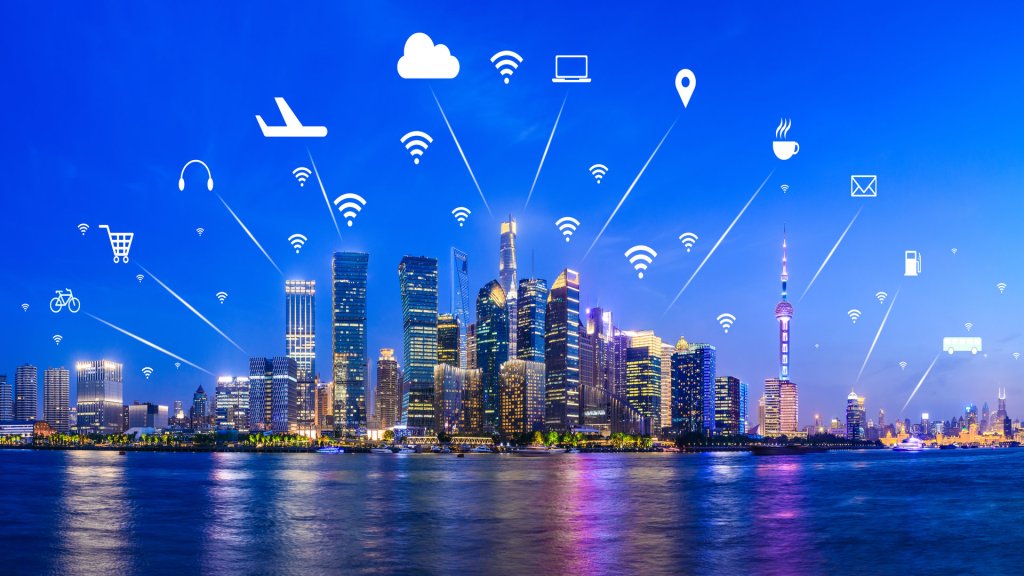China’s Digital Future
Post COVID-19
China is home to some of the world’s largest tech unicorns and a host of smaller companies, which are producing technology with an impact on the real estate landscape through e-commerce, smart cities and building technology. And these themes have emerged in tandem with the well-known drivers of the Chinese real estate market. China will […]
